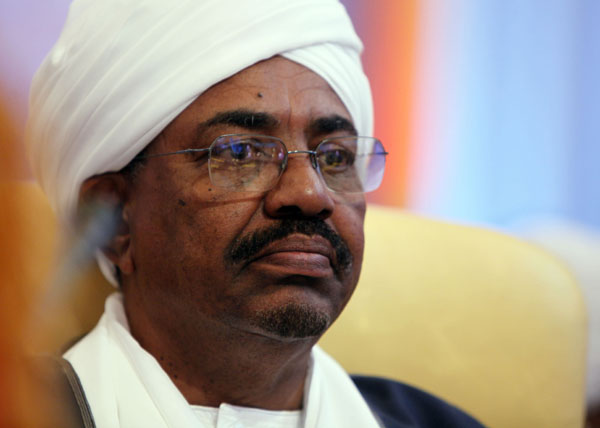
This piece originally appeared on Global Post.
Since South Sudan became the world's newest nation in July, the state of Sudan it left behind has become engulfed in a civil war of its government’s own making.
The Khartoum regime’s report card during the past four months includes an invasion of Abyei, a war-crimes spree in the Nuba Mountains, ongoing attacks against civilians in Darfur, and most recently an assault on the Blue Nile border state.
It seems counterintuitive to proclaim this as an unprecedented moment of opportunity for Sudan. Yet the combination of current internal, regional and international variables could provide a real catalyst for future peace in Sudan.
Internally, as armed or unarmed opposition to the regime grows daily, a more united opposition advocating for structural change in Sudan is emerging. Unlike the street revolutions beginning in Khartoum that overthrew Sudanese dictatorships in 1964 and 1985, today’s dynamic is very different, marked by a revolution of peripheral regions against an exploitative, non-inclusive central government.
Regionally, Sudan is adrift in a sea of change. Egypt, Tunisia, Libya, Syria, Bahrain, Yemen and others have been swept up by mass protests and in a few cases, armed revolution. The Arab Spring is reverberating throughout Sudan, though a specific direction has not yet fully manifested itself. Rather than the street protests of Syria and Egypt, the more likely scenario in Sudan is an increasingly coordinated armed opposition focused on overthrowing the regime.
Click to continue reading at Global Post.
Photo: Sudanese President Omar al-Bashir (AP)

